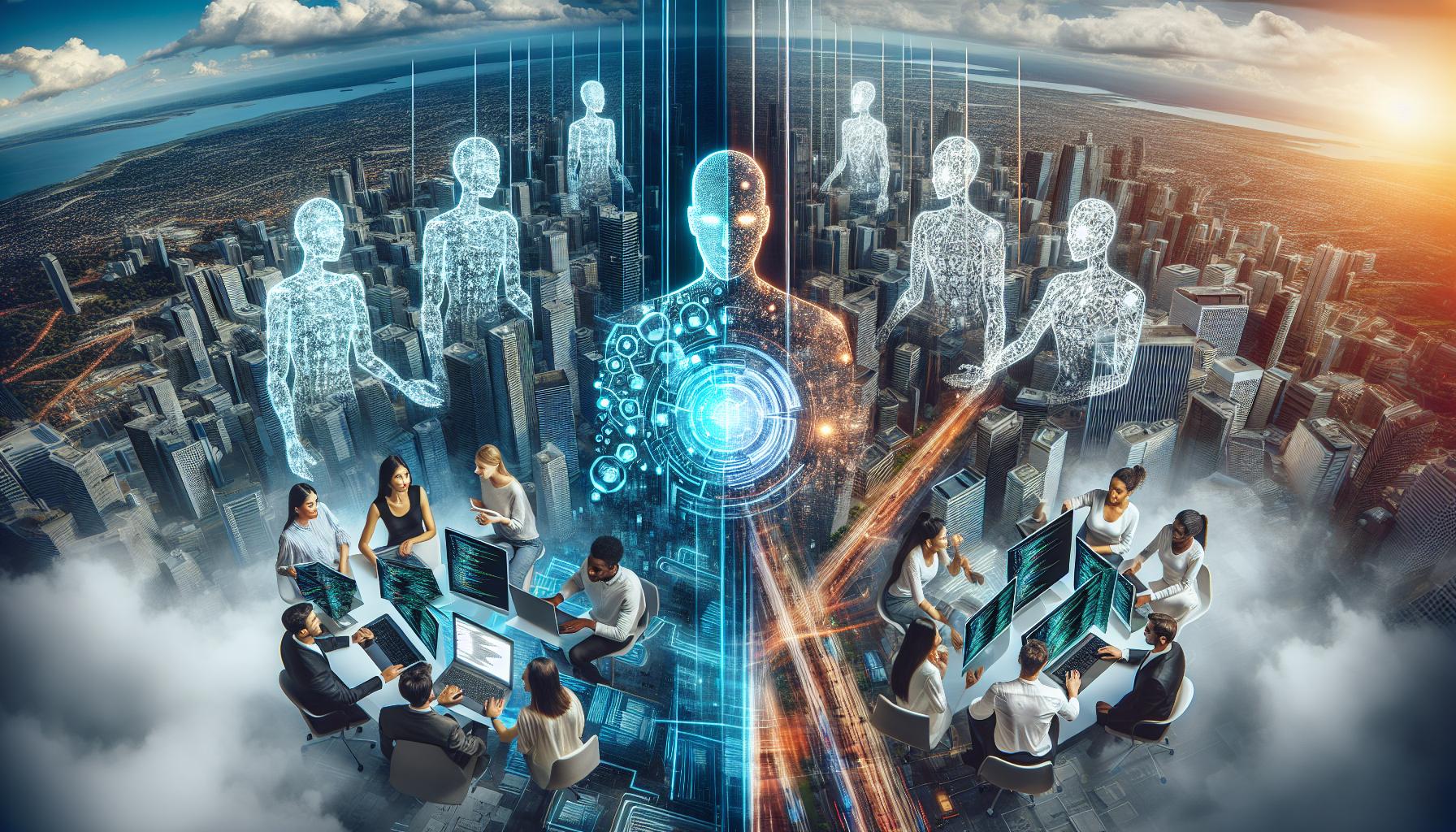AI coding Agent vs Human coder
The Future of Software Development: Human Versus AI Coders
Exploring the Intersection of Technology and Expertise
Welcome to Tech Forward, where we delve into the evolving world of technology and its impact on our lives. In a recent episode, renowned software developer Tariq Zacharia joined host Scott Kaylor to discuss the intriguing topic of AI coding agents versus human coders. To listen to the full podcast, click here.
When it comes to speed and efficiency, AI coding agents have the upper hand with lightning-fast code generation capabilities. However, Tariq highlights the invaluable human expertise that brings a deep understanding of project nuances and the ability to make nuanced decisions that AI may overlook.
Creativity and problem-solving are areas where human coders shine. While AI can provide solutions based on learned patterns, true creativity and understanding of the problem space come from the human touch.
Learning and adaptability pose an interesting comparison between AI and human skill advancement. While AI agents evolve with each interaction, humans can draw from diverse scenarios to creatively tackle new challenges.
When it comes to error rates and debugging, AI's precision in executing tasks is noteworthy, but human oversight remains critical in understanding context and foreseeing potential issues that AI might miss.
Looking at the economic impacts, the podcast emphasizes the importance of considering the cost-benefit analysis of employing AI coders versus human programmers. It's not only about cost savings but also the ethical and strategic management of potential job displacement in the industry.
While AI excels in rationality, human empathy plays a vital role, especially in considering user experience and emotional context when designing user-centric software.
As AI coding agents continue to influence the job market for human coders, Tariq emphasizes the shift towards more complex and creative tasks that AI cannot handle, fostering a future of continuous learning and evolution within the industry.
Lastly, ethical considerations are paramount as AI technology advances. Tariq underscores the importance of using AI to assist and augment human innovation, not to replace the essential human element in software development.
As the tech landscape evolves, the balance between human expertise and AI automation will shape the future of software development, paving the way for a collaborative and ethical approach to technological advancement.

